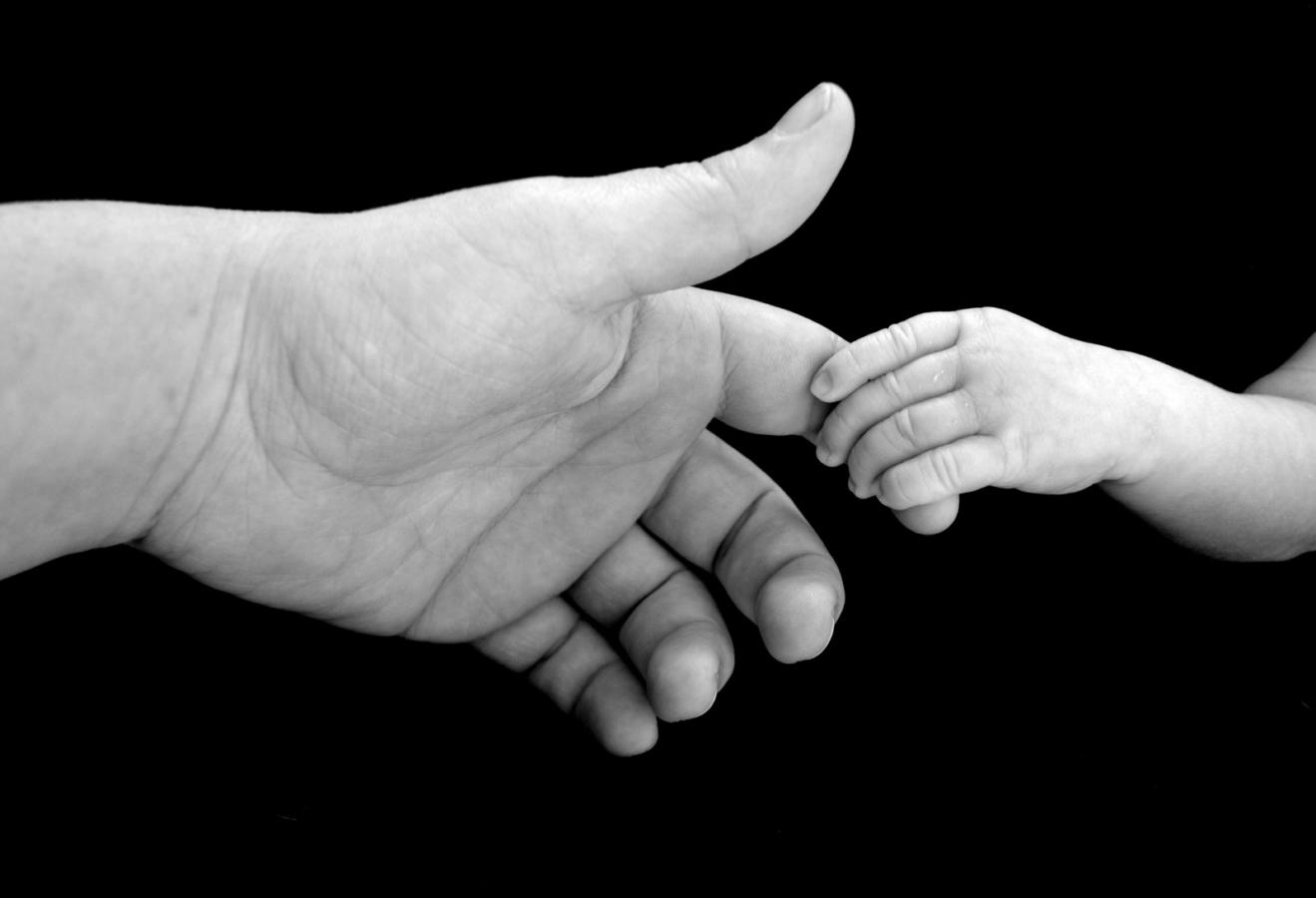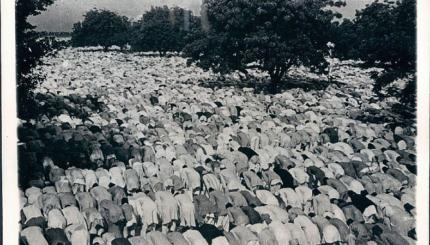My baby, who is now 16 years old, returned from summer camp earlier this week with a swollen wrist and an unbelievable story about how he suffered a severe sprain 12 days ago. Mostly it was unbelievable how stoic he was about the pain.
We spend the afternoon first at the doctor’s office having it examined and then at Children’s Hospital of Atlanta having it X-rayed. At each step of the way, I feel such gratitude, because his injury is not life-threatening and because we have access to excellent medical care through our comprehensive health insurance. I am also grateful for my generous employers, who understand that sometimes people need to leave work to take care of our personal health needs. Most of all, I am grateful to be present with my child.
After the dinner table is cleared, I sit down to check my email and see what I’ve missed while navigating this medical journey with my child all afternoon:
Alejandra was deported to Mexico. Her younger daughter went with her. Her husband and their older daughter remain in the United States. The family wishes to convey their “Gratitude for your support during this difficult time as they explore options to eventually reunite their family.”
I cry for Alejandra’s daughter, who is the same age as my son, who will have to endure her remaining high school years without her mother. These are tears of sorrow.
And I cry for Alejandra, tears of anger and indignation that she is being denied the right to care for both of her children.
The next morning, I ask my friend from Turkey for an update about women being imprisoned and separated from their children there. The situation is dire, but, beyond the Turkish immigrant community, few here are aware of their suffering. My friend has taken on the responsibility of giving a voice to the voiceless.
She shares a recent tweet from @SetThemFree:
“Emine Sonmez, a housewife, was arrested 4 months ago with her husband. They have 2 children; 2.5-year-old Baby Furkan is staying with his mother in jail, and their 5-year-old boy Asim is separated from his parents.”
My heart that was just yesterday filled with gratitude for my own good fortune is now aching with despair. How can we fail to respond with compassion for these children and their parents, primarily mothers, who are forcibly separated from them? I cannot bear the similarity between Emine’s Turkey and Alejandra’s America.
I want to live in a country that protects children, not separates them from their parents.
Bearing witness with words is not enough. As a person of faith, I believe it is my duty to help the most vulnerable among us; as a rabbi, I may be able to lead others to take action.
This week, I begin preparing for a trip with other faith leaders later this semester to the US-Mexico border. Together we will cross the border to support people–many separated from their families–seeking refuge here. I pray they will find freedom in a country that is open to receiving them and reuniting them with their loved ones.




